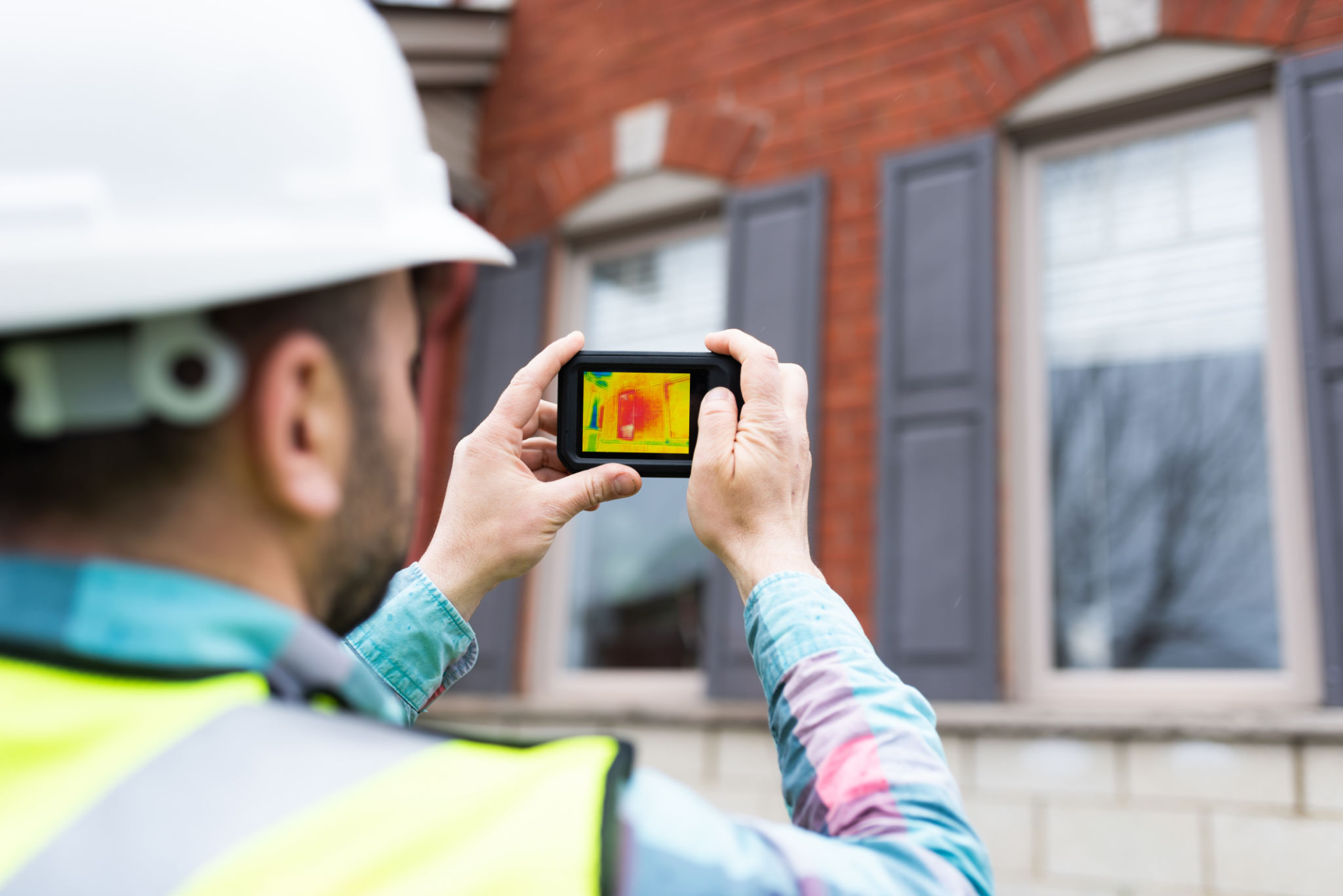Preparing Your Business for Seasonal Energy Demands in Limpopo
Understanding Seasonal Energy Demands
Seasonal energy demands in Limpopo can significantly impact businesses, especially those dependent on consistent energy supplies. As the seasons change, so do the requirements for heating, cooling, and lighting, all of which can lead to increased energy consumption. Recognizing these shifts is crucial for businesses aiming to optimize their energy use and reduce costs.
Limpopo's climate can be harsh, with hot summers and cooler winters. This variation calls for business owners to strategize their energy usage effectively to maintain both operational efficiency and cost-effectiveness. Preparing for these seasonal fluctuations can help prevent any disruptions that might affect productivity.

Assessing Your Business's Energy Needs
Before implementing any changes, it's essential to assess your current energy consumption patterns. Conducting an energy audit can provide insights into where most of your energy is being used and identify areas where efficiency improvements can be made. This audit will serve as a foundation for developing a more energy-efficient strategy tailored to your business needs.
Consider factors such as the size of your premises, the type of equipment used, and operating hours. By understanding these aspects, you can make informed decisions about which areas require the most attention and investment. This assessment will also help in setting realistic energy-saving goals.
Implementing Energy-Efficient Solutions
Once you've assessed your business's energy consumption, the next step is to implement solutions that will enhance efficiency. Investing in energy-efficient appliances and equipment is one of the most effective ways to reduce energy usage. Look for appliances with high energy ratings and consider upgrading outdated equipment.

Another strategy is improving insulation and sealing leaks in your premises to prevent the loss of heating or cooling. This can significantly lower energy costs by reducing the need for excessive heating or air conditioning. Additionally, installing smart meters can provide real-time information on energy consumption, helping you make timely adjustments to your usage patterns.
Leveraging Renewable Energy Sources
Limpopo is fortunate to have abundant sunlight, making solar power a viable renewable energy option for businesses. Investing in solar panels can not only reduce reliance on the grid but also lead to significant cost savings over time. Many businesses are also eligible for government incentives when they switch to renewable energy sources.
Evaluate the potential for integrating renewable energy into your business model. Consider both the initial investment and long-term benefits, including reduced operational costs and a smaller carbon footprint. This transition not only supports sustainability goals but can also enhance your brand's reputation among environmentally conscious consumers.

Educating Employees on Energy Conservation
Your employees play a vital role in managing energy consumption within your business. Educating them about the importance of energy conservation and encouraging them to adopt energy-saving practices can lead to substantial reductions in usage. Simple actions like turning off lights when not in use or setting computers to energy-saving modes can collectively make a big difference.
Consider organizing workshops or training sessions to increase awareness about energy conservation. Implementing an incentive program that rewards employees for innovative ideas on saving energy can also foster a culture of sustainability within your organization.
Monitoring and Adapting Strategies
The final step in preparing your business for seasonal energy demands is continuous monitoring and adaptation. Energy consumption patterns may change over time due to various factors, including business growth or technological advancements. Regularly reviewing your energy usage data will help you identify trends and make necessary adjustments.
Stay informed about new technologies and practices that can enhance energy efficiency. Being proactive in adapting your strategies ensures that your business remains resilient against seasonal energy demands while continuing to operate efficiently and sustainably.
